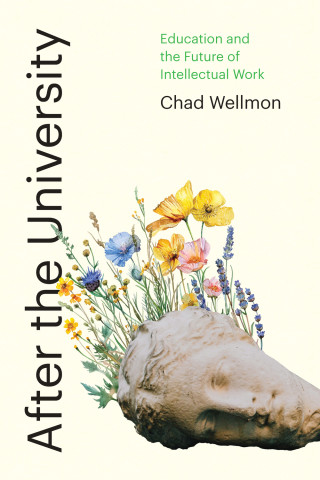
Reviews
This book has many merits. All of its chapters are very original and even groundbreaking in several respects. By employing interdisciplinary approaches that pay due attention to both texts and contexts, the contributors to this volume rediscover and revalue several intellectual currents and figures traditionally neglected by historiography... [Let There Be Enlightenment] provides excellent food for thought for both specialists in the field and educated lay readers willing to acquire a deeper insight into this fascinating and complex period of human history.
I am delighted to have this collection in my library... [Let There Be Enlightenment] asserts stronger and more complex continuities between medieval thought and the Enlightenment, making it worth noting for not only specialists in early modern history, but more broadly scholars of religion and ideas in pre-nineteenth-century Europe.
Matytsin and Edelstein are perfectly placed for editing the book, and they should be congratulated for assembling the kind of all-star cast that they have, one that is genuinely international in background. Presenting the cream of recent scholarship, this volume can be expected instantly to become a central reference in Enlightenment studies.
Was the Enlightenment the triumph of reason over faith, science over superstition, light over darkness? This exciting collection, moving beyond recent scholarship, shows just how mistaken these conceptions are. The authors demonstrate, in a dazzling variety of contexts, that in the eighteenth century, faith and reason twined around each other inextricably.
Book Details
Acknowledgments
Introduction
Part I. Lux
Chapter 1. Via Lucis in tenebras: Comenius as Prophet of the Age of Light
Chapter 2. Whose Light Is It Anyway? The Struggle for Light in the French
Acknowledgments
Introduction
Part I. Lux
Chapter 1. Via Lucis in tenebras: Comenius as Prophet of the Age of Light
Chapter 2. Whose Light Is It Anyway? The Struggle for Light in the French Enlightenment
Chapter 3. The "Lights" before the Enlightenment: The Tribunal of Reason and Public Opinion
Chapter 4. Writing the History of Illumination in the Siècle des Lumières: Enlightenment Narratives of Light
Part II. Veritas
Chapter 5. Another Dialogue in the Tractatus: Spinoza on "Christ's Disciples" and the Religious Society of Friends (Quakers)
Chapter 6. A Backward Glance: Light and Darkness in the Medieval Theology of Power
Chapter 7. Lumen unitivum: The Light of Reason and the Aristotelian Sect in Early-Modern Scholasticism
Chapter 8. The Aristotelian Enlightenment
Part III: Tenebrae
Chapter 9. Secular Sacerdotalism in the Anglican Enlightenment, 1660–1740
Chapter 10. Refracting the Century of Lights: Alternate Genealogies of Enlightenment in Eighteenth-Century Culture
Chapter 11. Enlightenment in the Shadows: Mysticism, Materialism, and the Dream State in Eighteenth-Century France
Chapter 12. Light, Truth, and the Counter-Enlightenment's Enlightenment
Contributors
Index






